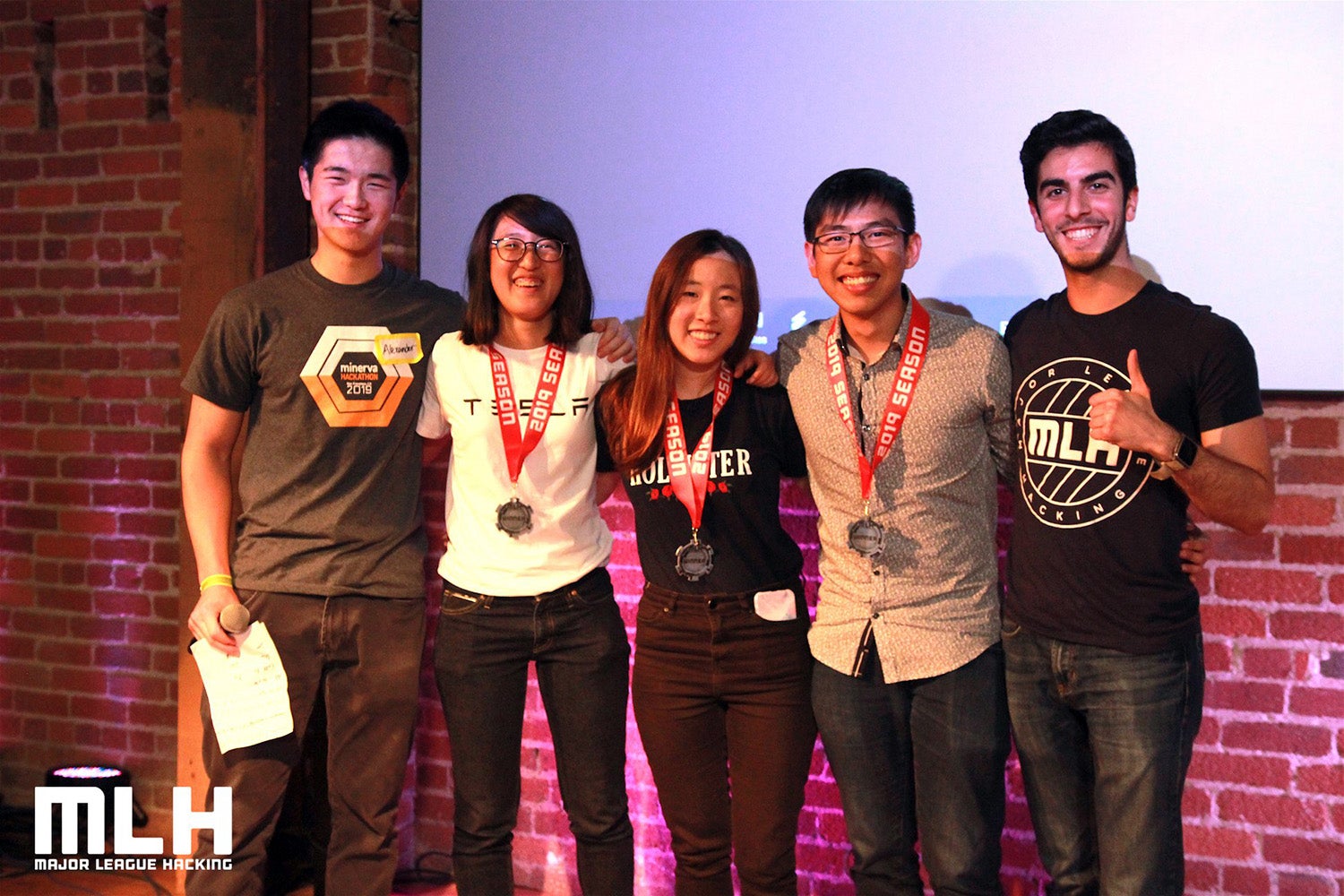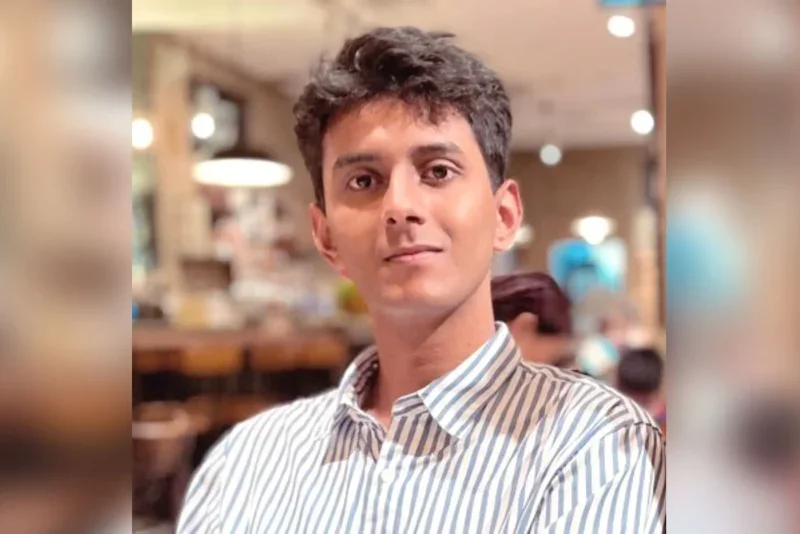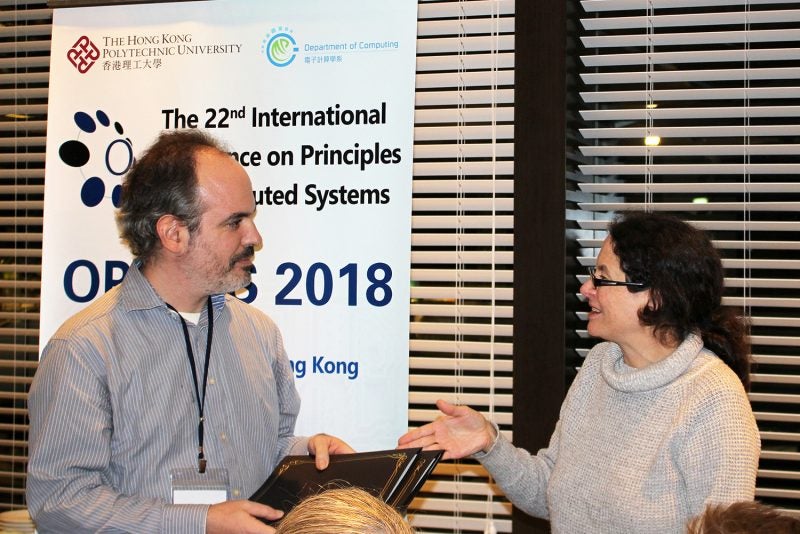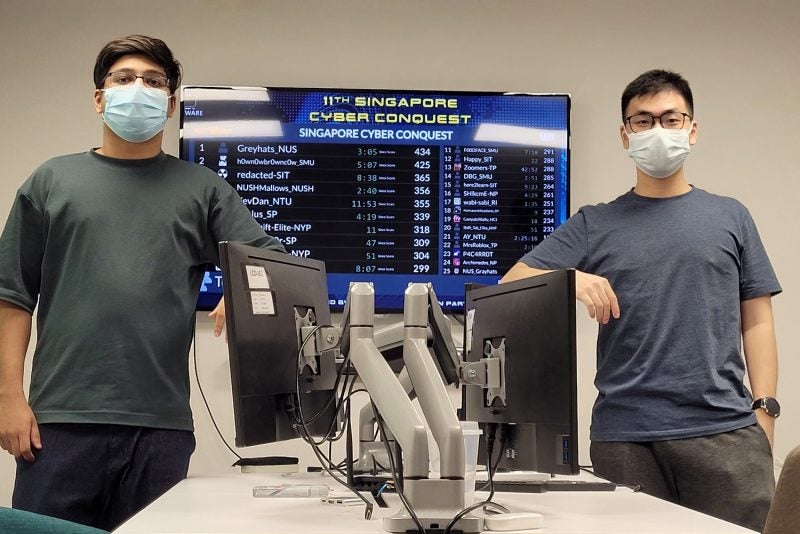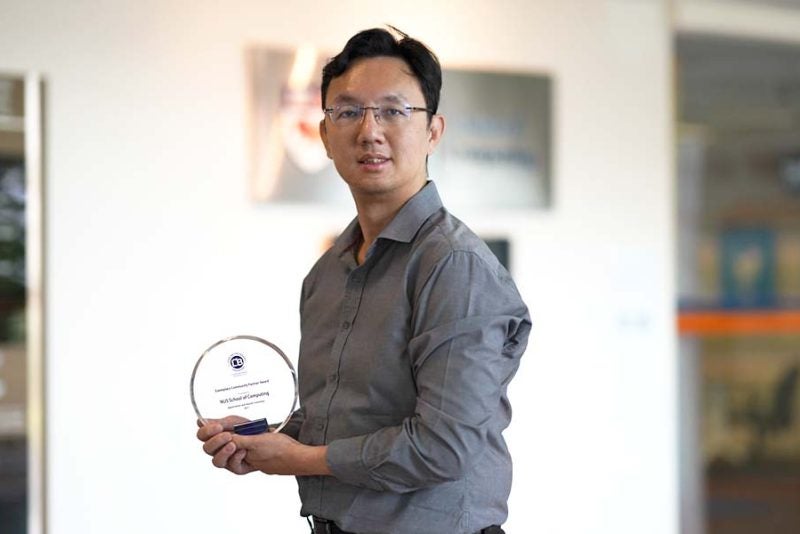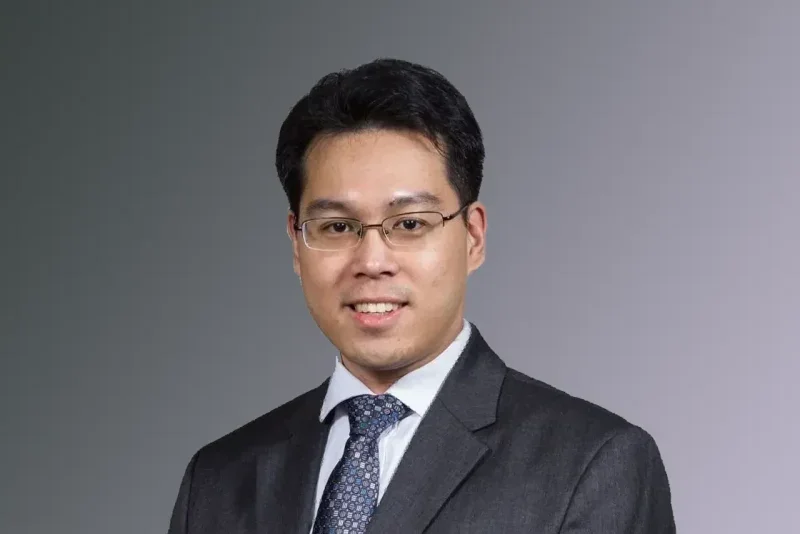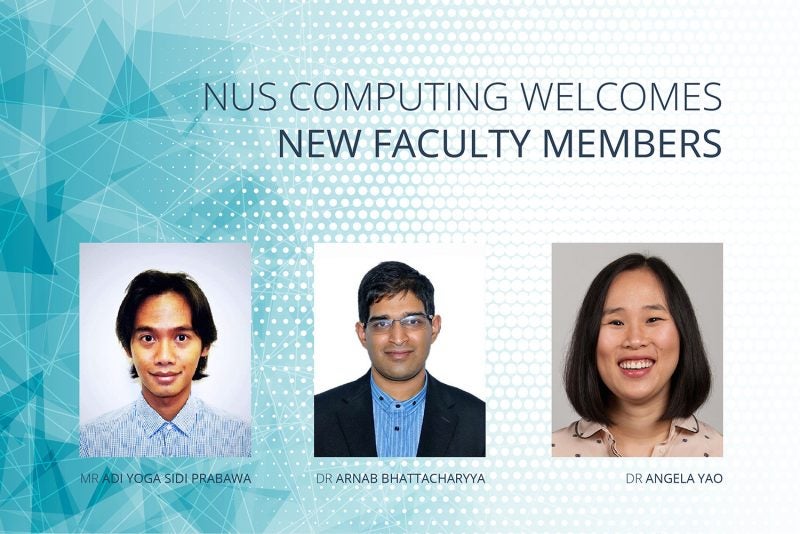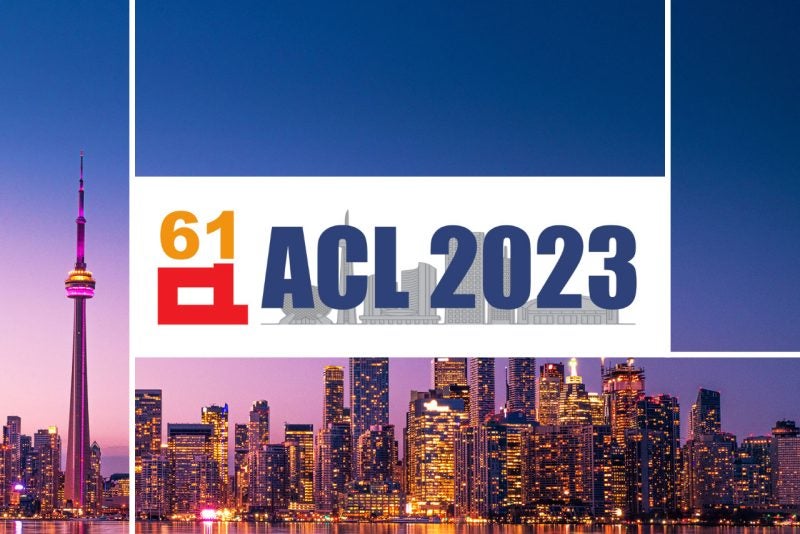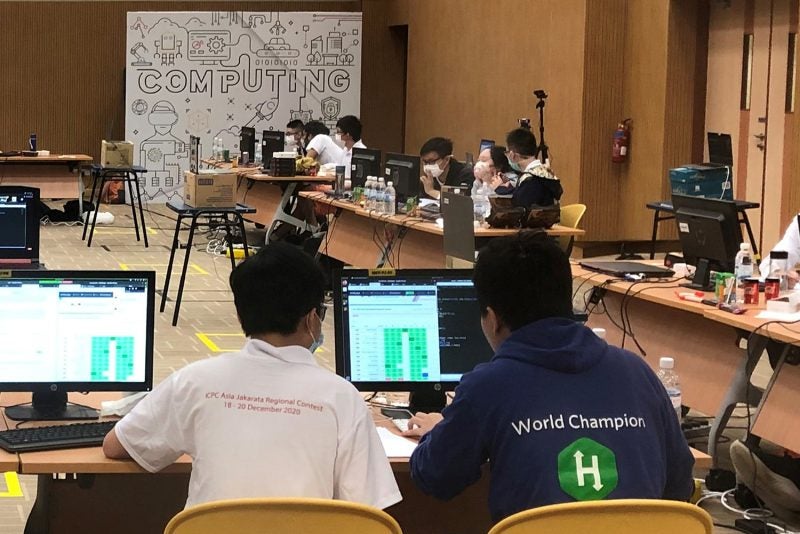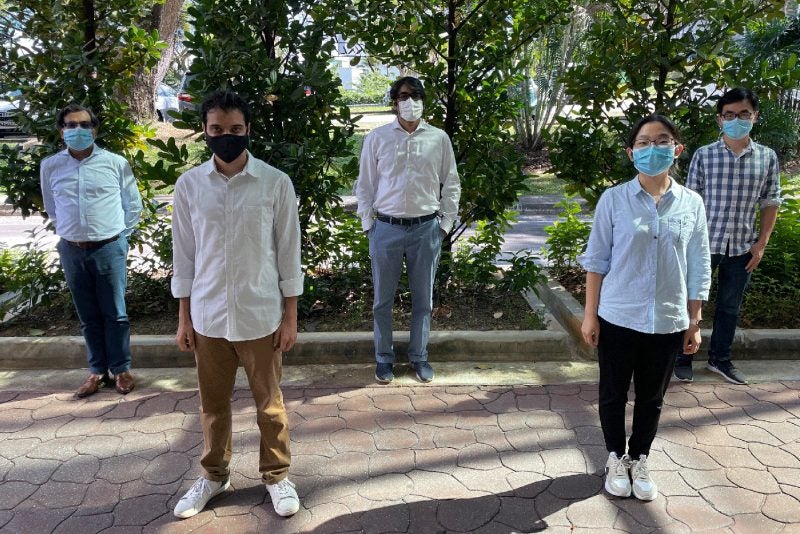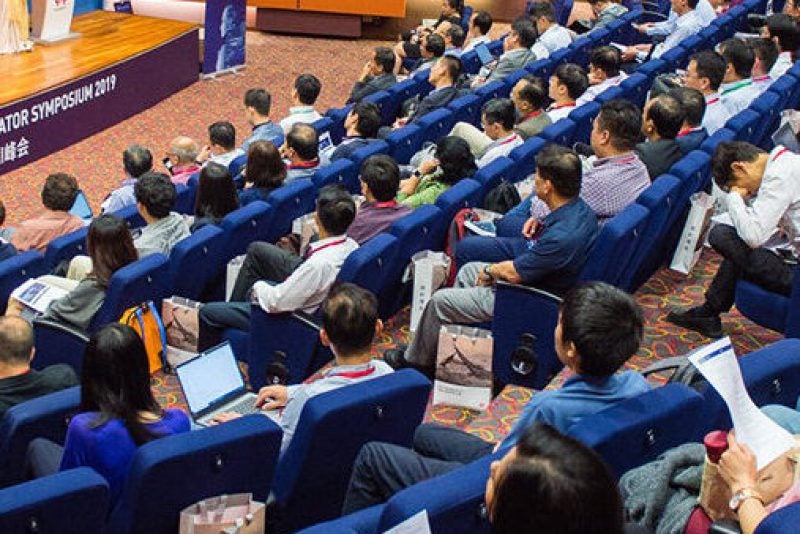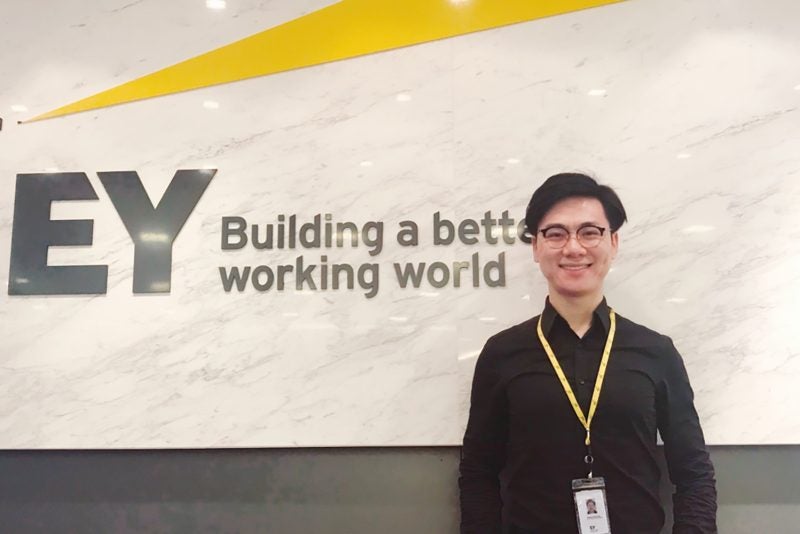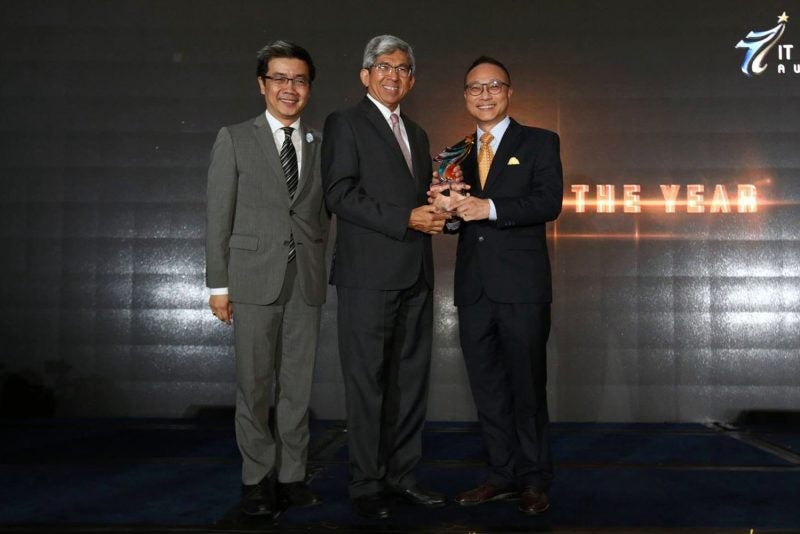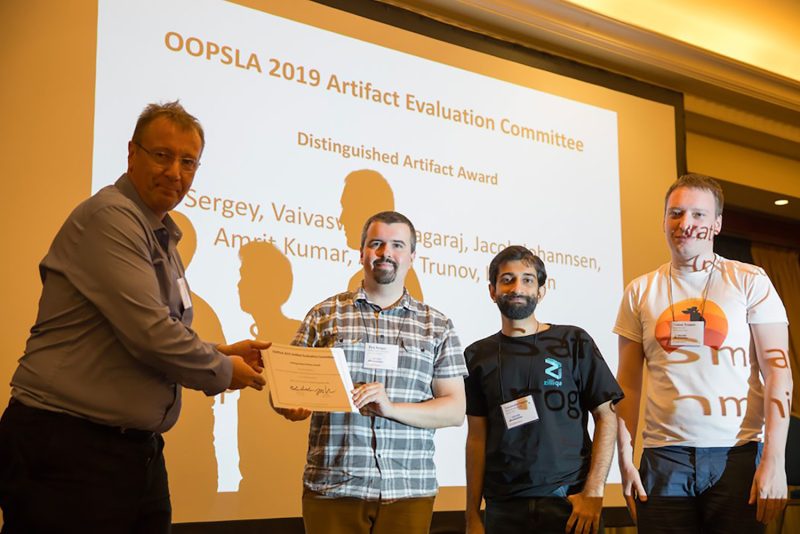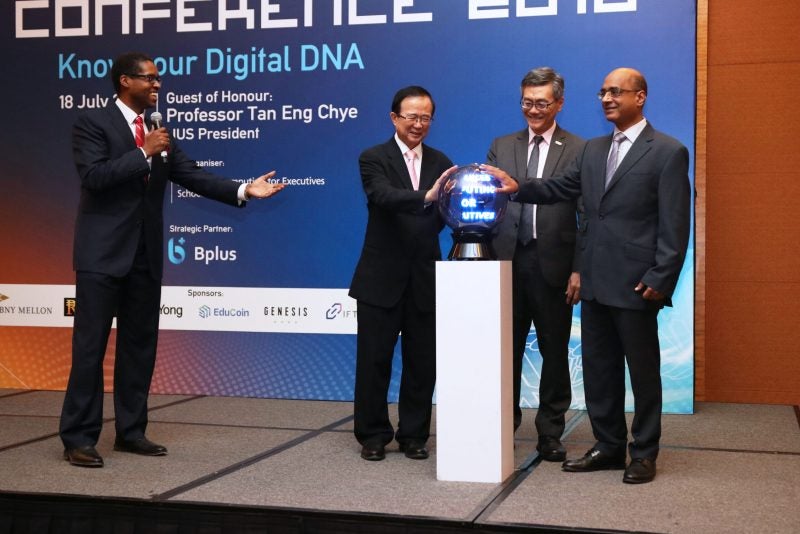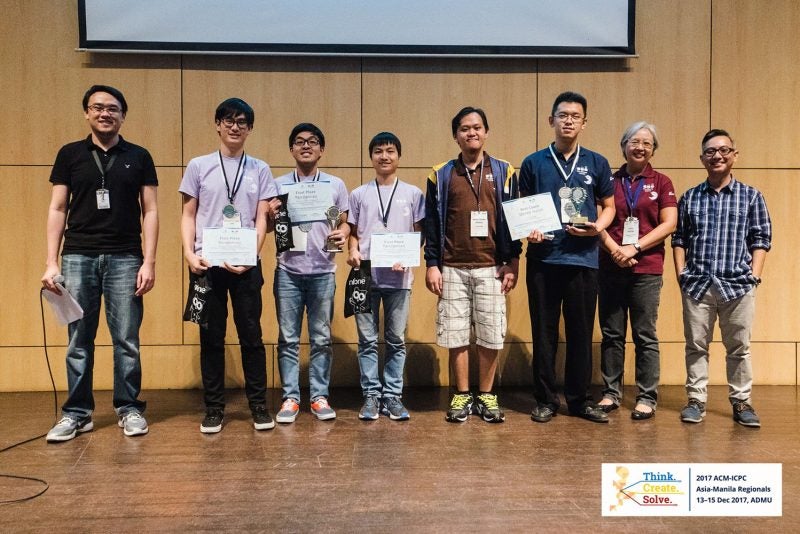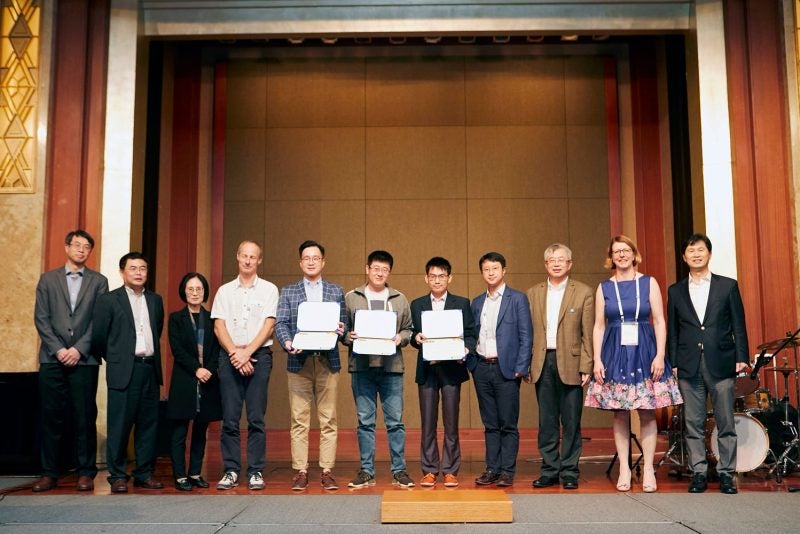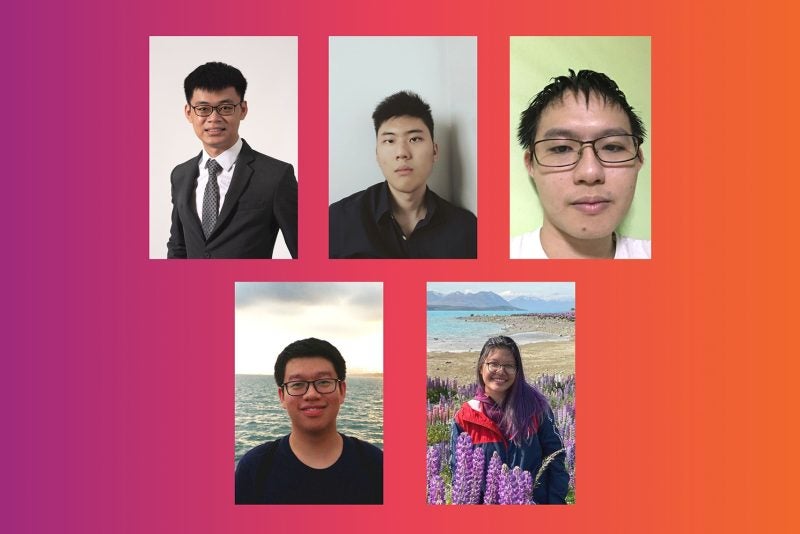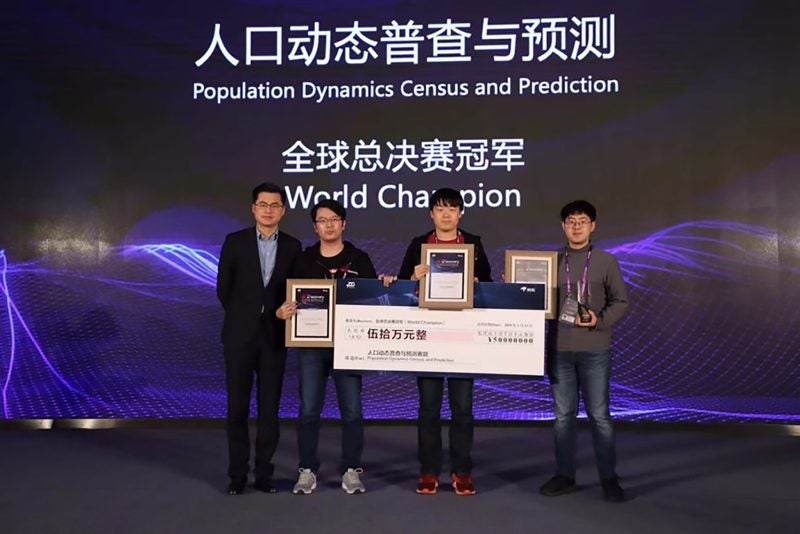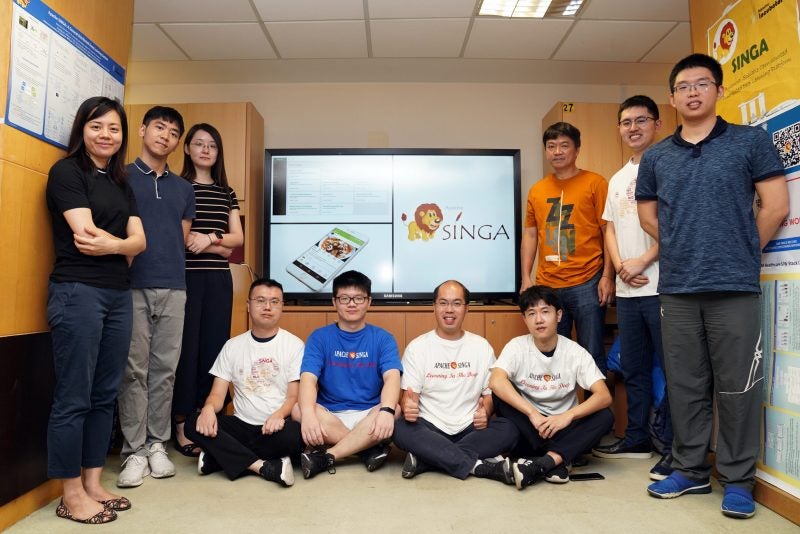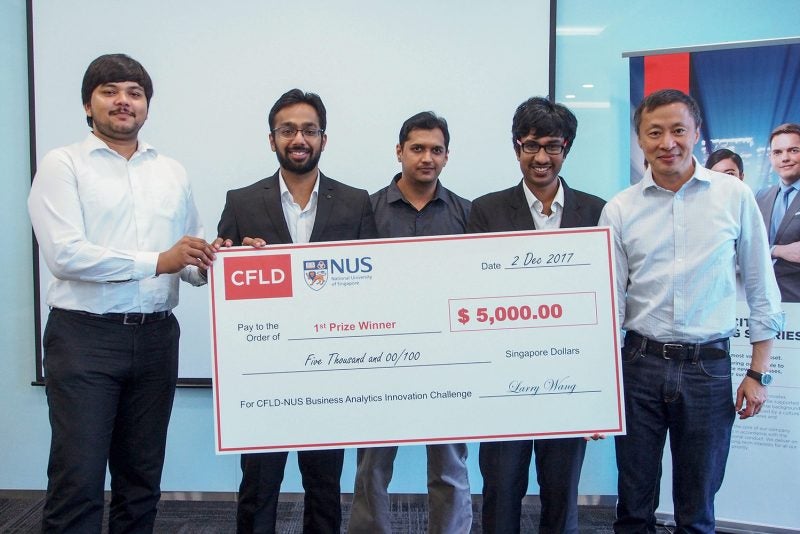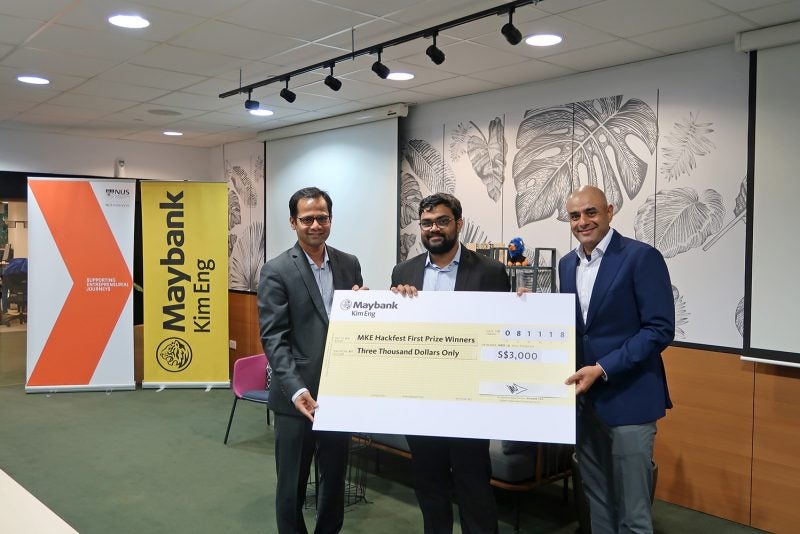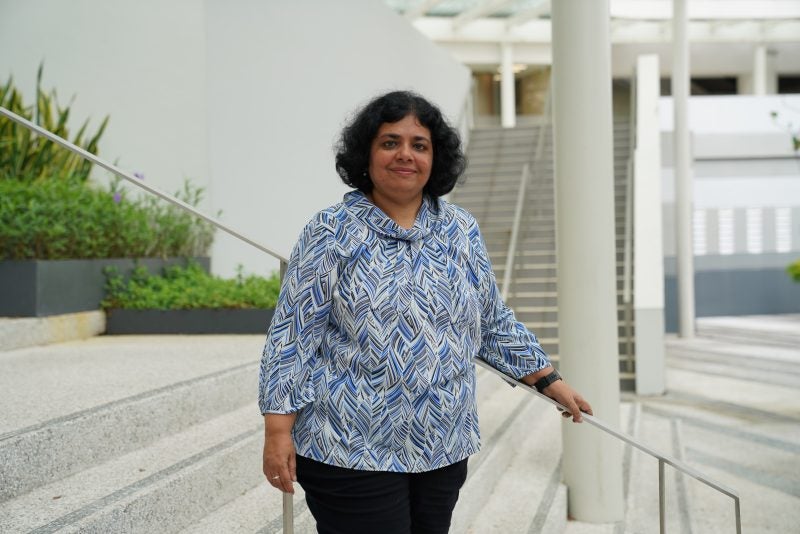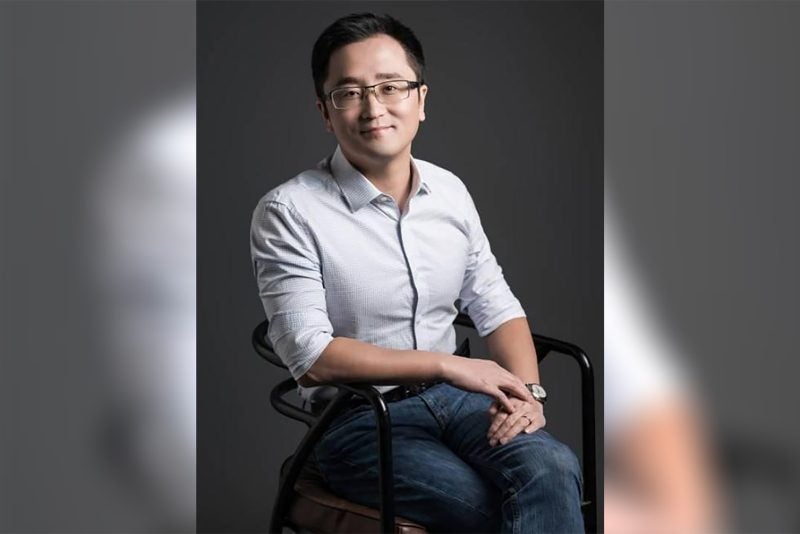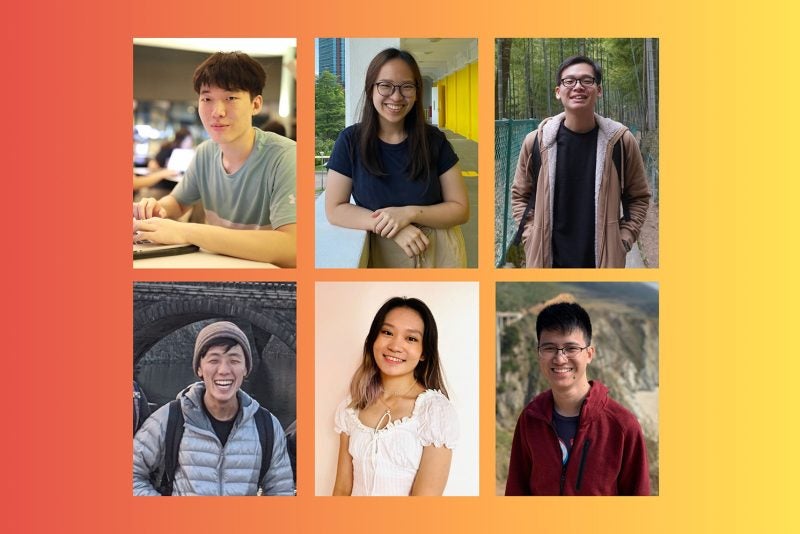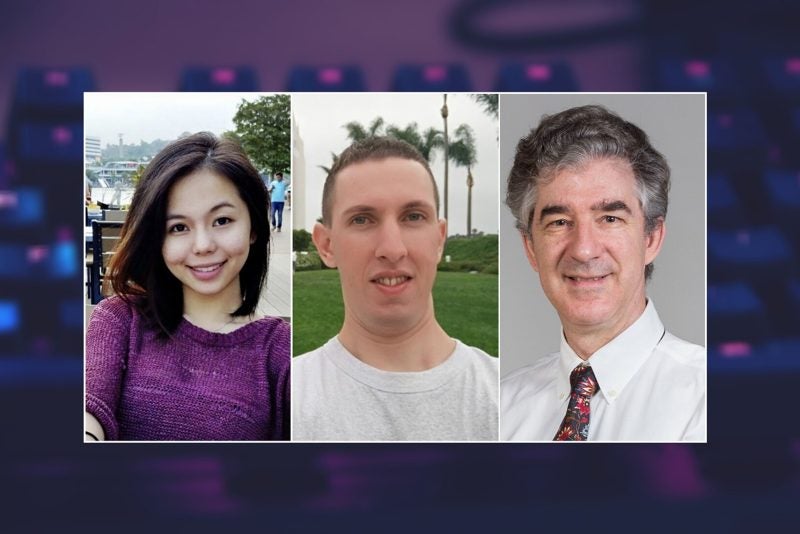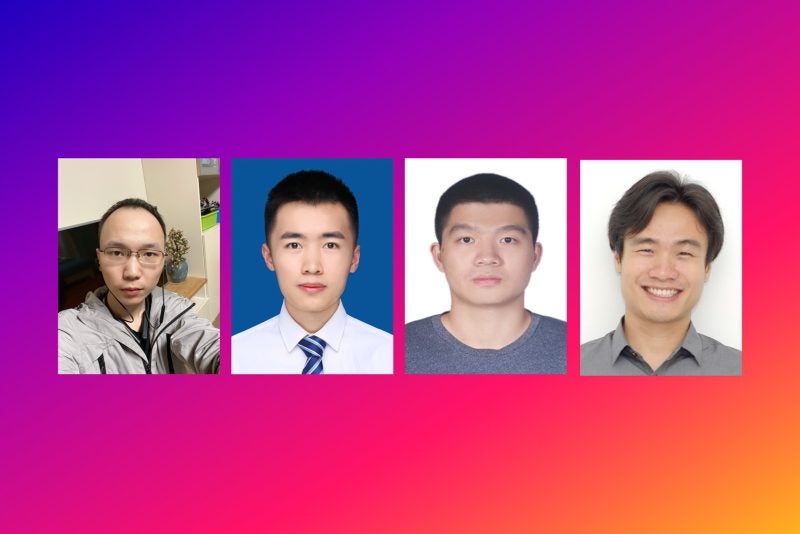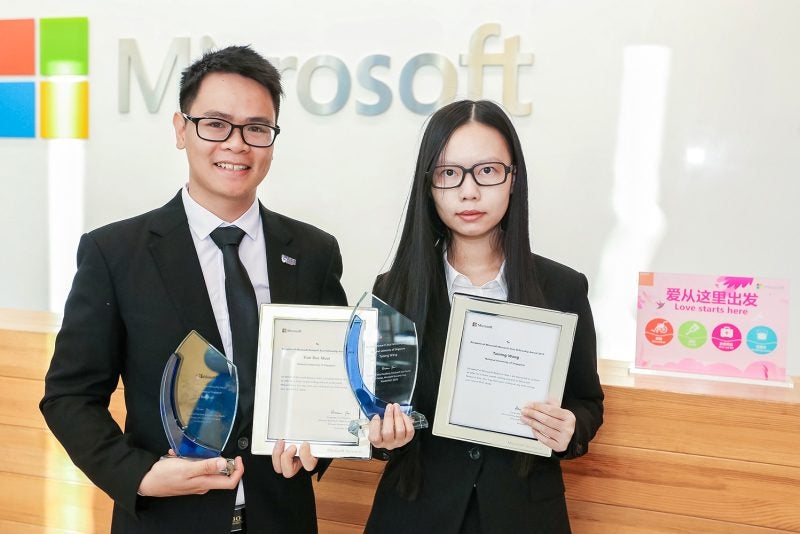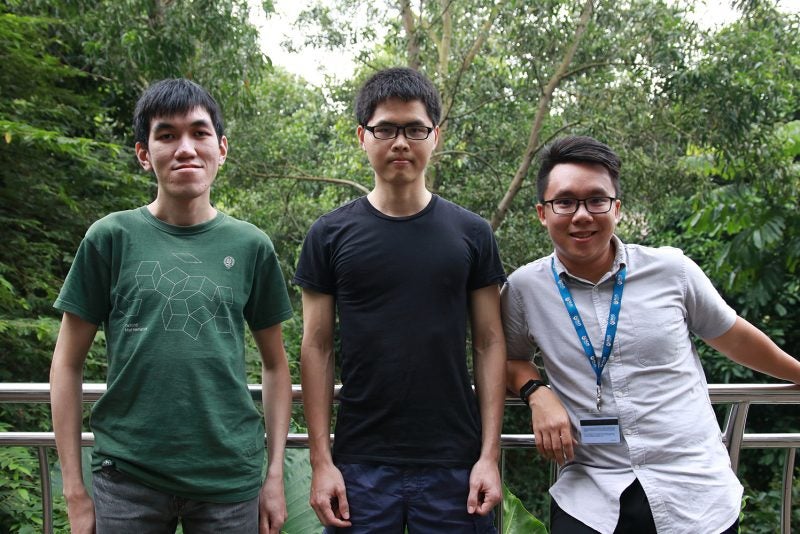14 May 2019 – Third year Information Systems student Victor Yeo and Computer Engineering student Celine Lim, with NUS Engineering student Audrey Wong, clinched the Champions prize at the Minerva Hackathon held in San Francisco from 6 to 7 April 2019.
The Minerva Hackathon brought together programmers, designers, and problem solvers to create innovative and scalable solutions to meet sustainable development goals set by the United Nations General Assembly in 2015. Some of these goals include providing quality education for children and adolescents in less developed countries (LDCs), promoting and upholding human rights issues, and protecting forest and terrestrial ecosystems.
Victor, Celine, and Audrey were one of 100 teams to participate in the Major League Hacking competition. The team chose to tackle the sustainable development goal of providing inclusive and equitable quality education for children and adolescents in LDCs. “We wanted to develop an educational tool that could give children in LDCs the chance to learn. While the Internet has a wealth of resources, it cannot be leveraged without an Internet connection,” explained Victor on behalf of his team.
“So we wondered how we can reach these children, and we realised that many villages own telephones and mobile phones that allow them to make calls at low rates. This triggered an idea to develop a phone service that could be used to access language learning materials from the Internet,” said Victor.
Using Twilio API, Google Cloud Services, and Google Voice, the team developed a language learning service named Call Me Maybe. With this service, users can learn new languages by calling to the service and learn from a language learning guide based on information from the Internet. “What made our work stand out is that it solves the problem of allowing users to access Internet resources regardless of their access to the Internet,” Victor added. “While big conglomerates, like Facebook, are striving to bring Internet access to LDCs, there are practical challenges inhibiting the process. Our solution can prove to be valuable in improving in the meantime.”
The team won both the Champions award and the Best Domain award for their idea. “We didn’t think that we could do it within 24 hours, due to a lack of previous experience in this area. However, we worked hard to piece together knowledge from our specialisations, and it produced a viable product,” said Victor.

